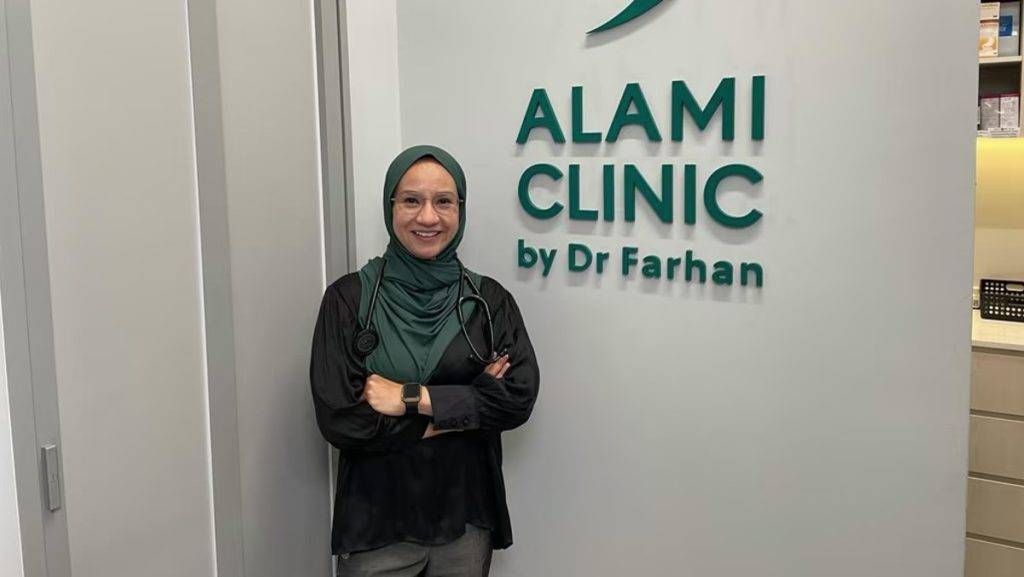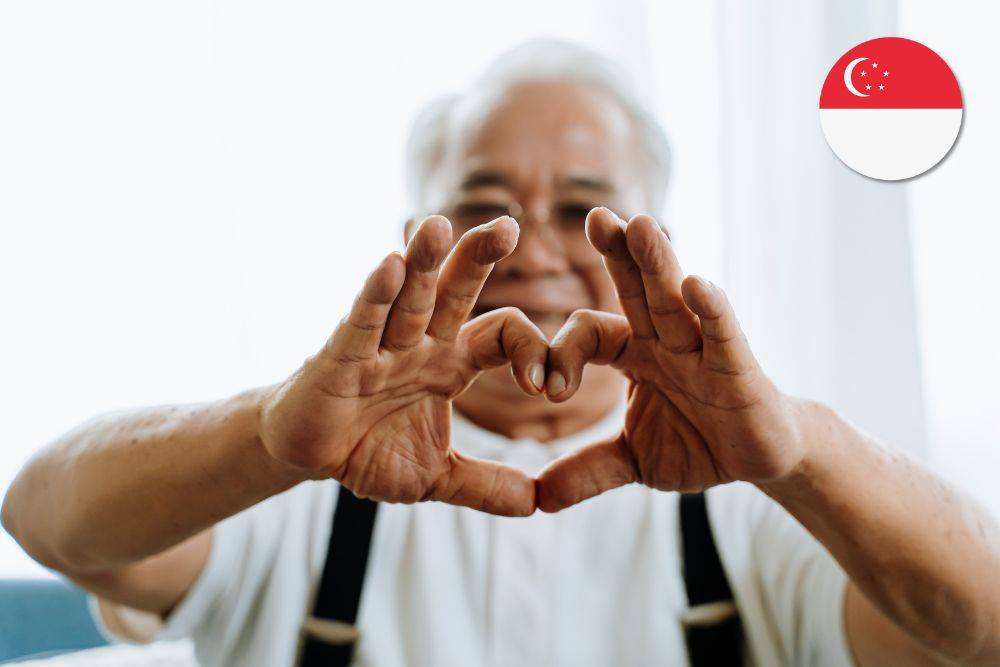By 2026, Singapore will become a ‘super-aged’ society, with more than 20% of its citizens over 65. This milestone brings both opportunities and challenges, calling for more than just infrastructure solutions—it requires a complete societal shift in how we view and support our elderly.
While the government has made strides in building elderly-friendly environments, such as the introduction of Active Ageing Centres, the societal mindset towards ageing remains a significant hurdle.
Geriatric experts warn that the country’s ageing population is not monolithic—Singapore’s elderly are living longer, healthier lives and tend to have more diverse needs than previous generations. Addressing these needs is crucial, not only through physical infrastructure but also by rethinking the role of older adults in society and expanding social support systems.
A Dual Reality of Ageing
Ageing is a unique journey for each individual in Singapore. Take the contrasting stories of 75-year-old Anthony and 74-year-old Doris Tang in an article published on CNA.
Anthony, a security officer, lives a life of solitude, preferring to limit his interactions with his neighbors, while Doris enjoys her retirement by learning new skills and giving back to her community through volunteer work.
This diversity highlights the challenge Singapore faces—how to cater to a generation that not only expects more from their golden years but also comes with distinct expectations about independence and community engagement.
Read also: Rising Cases of Elderly Dying Alone in Singapore? How Neighbours Can Help
Strengthening Social Support: Beyond Infrastructure
While infrastructure, such as Active Ageing Centres and initiatives like Age Well SG, play a pivotal role, Singapore must also focus on creating stronger social safety nets.
The traditional model of relying on family members for caregiving is becoming increasingly unsustainable. As family sizes shrink and more elderly people live alone, there is a need for innovative solutions, such as peer-to-peer support and volunteering.

Dr. Nur Farhan Alami, Geriatrician at Alami Clinic, acknowledges the existence of some informal caregiving networks and highlights the potential for more structured matching between able-bodied elderly volunteers and those in need.
“Many older adults come to me, expressing a desire to reach out to others in the community,” she says.
“By linking them to those in need, we create a valuable peer-to-peer caregiving network, where both the helper and the recipient find fulfillment.”
This peer-based model can ease the burden on formal caregiving services, while also fostering a sense of purpose and connection among older adults.
Changing the Mindset Towards Ageing
One of the most important steps toward creating a super-aged society is changing how we think about ageing itself.
Many older Singaporeans worry about becoming a burden to their families, a concern often fueled by societal expectations of ‘successful ageing.’ These expectations, which focus heavily on independence and productivity, can overlook the diverse realities of growing older, including illness and frailty.
However, with people living longer than ever before, there’s an opportunity to redefine ageing. Older adults are embracing second careers, taking on new learning opportunities, and continuing to contribute to society in meaningful ways.
Dr. Alami advocates for a shift in how we perceive ageing, noting that life is no longer confined to fixed stages of education, work, and retirement.
“With people living longer, the plan for retirement at 60 may mean another four decades of life ahead,” she explains.
“Physical health and energy may decline, but nothing stops an older adult from pursuing a new qualification, writing a memoir, or contributing to society in other ways.”
“Age is just a number, and it should not define one’s capabilities.”
Her perspective highlights the importance of lifelong learning and continuous engagement for older adults.
Many elderly individuals are already leading second careers, with some finding new vocations, such as retired policemen becoming novelists or homemakers volunteering in nursing homes. This mindset encourages older adults to continue pursuing their passions and finding purpose, long after their formal careers have ended.
Towards a Thriving Super-Aged Singapore
As Singapore approaches its super-aged future, the groundwork has been laid with new infrastructure and services, but the true challenge lies in reshaping societal attitudes toward ageing. We must build stronger social support systems and encourage older adults to pursue lifelong learning, second careers, and a renewed sense of purpose.
By creating a society that values its elderly not just for their past contributions but for their present potential, Singapore can become a model for ageing with dignity, purpose, and joy.

